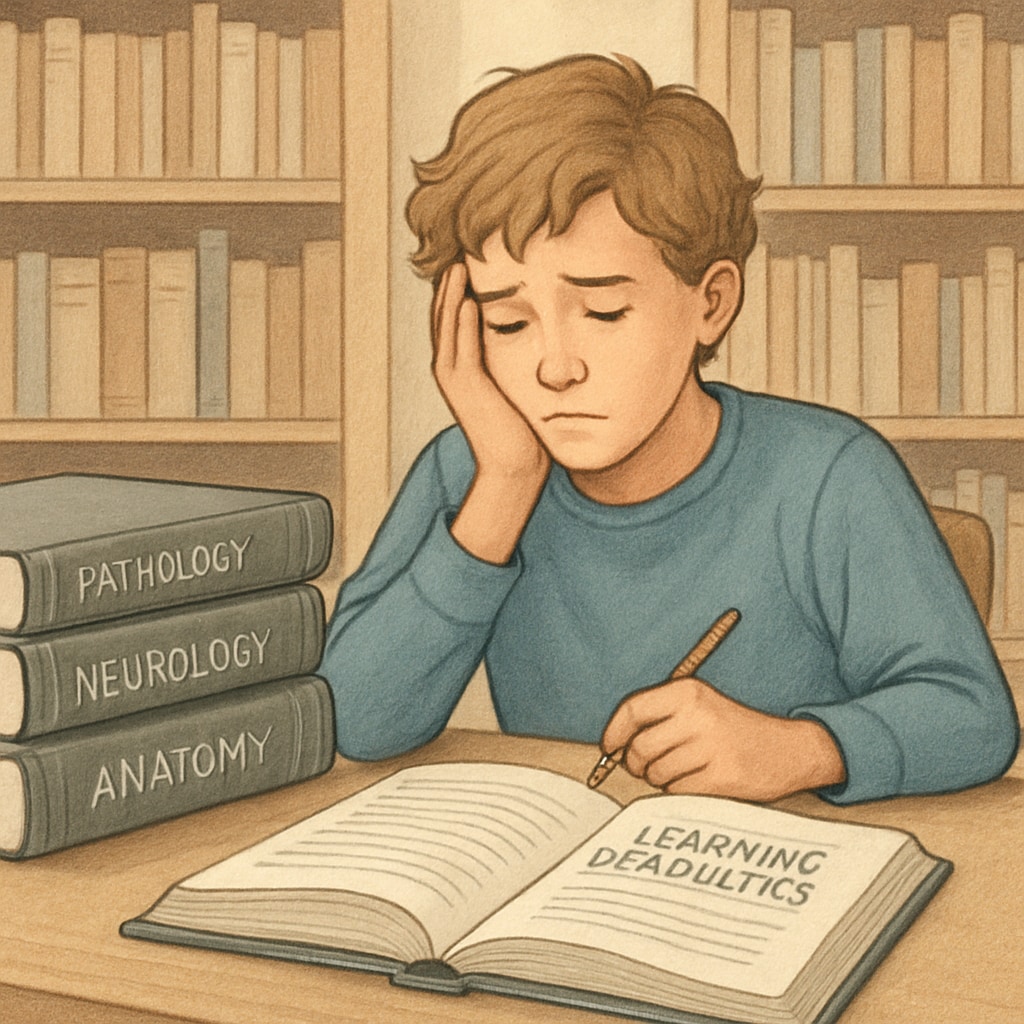Education challenges, medical dreams, and learning disabilities often intersect in ways that test the resilience of aspiring students. For individuals with conditions such as dyslexia, ADHD, or other learning difficulties, pursuing a career in medicine can feel like navigating a labyrinth. The high-pressure demands of medical education, combined with traditional learning models, create a uniquely challenging environment for non-standard learners. However, with appropriate support systems and innovative approaches, these determined individuals can achieve their goals.
The Educational Challenges Faced by Aspiring Medical Students
Medical education is often synonymous with rigorous study, long hours, and an unforgiving pace. For students with learning disabilities, these challenges are magnified. The traditional methods of teaching and assessment—such as lengthy written exams, dense textbooks, and memorization-heavy lectures—often fail to accommodate diverse learning needs. This lack of inclusivity can lead to feelings of isolation, frustration, and self-doubt among affected students.
Moreover, societal misconceptions about learning disabilities further exacerbate the issue. Many people mistakenly equate these challenges with a lack of intelligence or effort, which can erode the confidence of individuals striving to enter competitive fields like medicine. For example, a student with dyslexia may excel in analytical thinking and problem-solving but struggle with reading-heavy curricula, creating a mismatch between their potential and academic performance.

Strategies for Navigating Learning Disabilities in High-Pressure Education Systems
While the road may be difficult, there are strategies and interventions that can empower students with learning disabilities to thrive in medical education. Educational institutions can adopt the following measures:
- Flexible Assessment Techniques: Allowing alternative forms of assessment, such as oral exams or practical demonstrations, can ensure students with learning disabilities are evaluated based on their strengths.
- Assistive Technologies: Tools such as text-to-speech software, voice recognition apps, and digital note-taking platforms can help streamline the learning process.
- Mentorship Programs: Pairing students with experienced mentors who understand their challenges can provide guidance, encouragement, and practical advice.
- Specialized Learning Plans: Customized curricula tailored to individual needs can make complex subjects more accessible.
In addition, medical schools can foster a culture of inclusivity by educating faculty and peers about learning disabilities. Awareness and understanding are critical in reducing stigma and promoting empathy.

The Psychological Impact and How to Overcome It
Beyond academic hurdles, the psychological effects of navigating a high-pressure system with learning disabilities can be profound. Students may experience anxiety, depression, or burnout due to the constant need to prove their capabilities. Feelings of inadequacy and self-doubt can hinder progress, making it crucial to address mental health alongside academic support.
One effective approach is the integration of counseling services within medical schools. Regular therapy sessions can help students build resilience, manage stress, and develop coping mechanisms. Peer support groups also play a vital role in creating a sense of community and shared understanding among students facing similar challenges.
Additionally, celebrating small victories and setting realistic goals can boost morale. Recognizing progress, no matter how incremental, reinforces the belief that success is achievable.
Shaping a More Inclusive Future for Education
As society evolves, so must its educational systems. The inclusion of diverse learners in fields like medicine is not just a matter of fairness—it’s a necessity for cultivating a workforce that reflects the complexity of the human condition. By implementing systemic changes, such as universal design principles in education and adaptive technologies, institutions can break down barriers and empower all students to reach their potential.
For aspiring medical professionals with learning disabilities, the path may be steep, but the rewards are immeasurable. Their unique perspectives and resilience can bring invaluable contributions to the field of medicine, fostering a more empathetic and innovative healthcare system.
Readability guidance: This article uses concise paragraphs, lists, and accessible language to enhance clarity. Transition words (e.g., however, in addition, for example) connect ideas seamlessly, ensuring a smooth reading experience.


